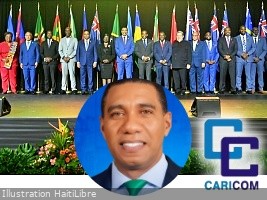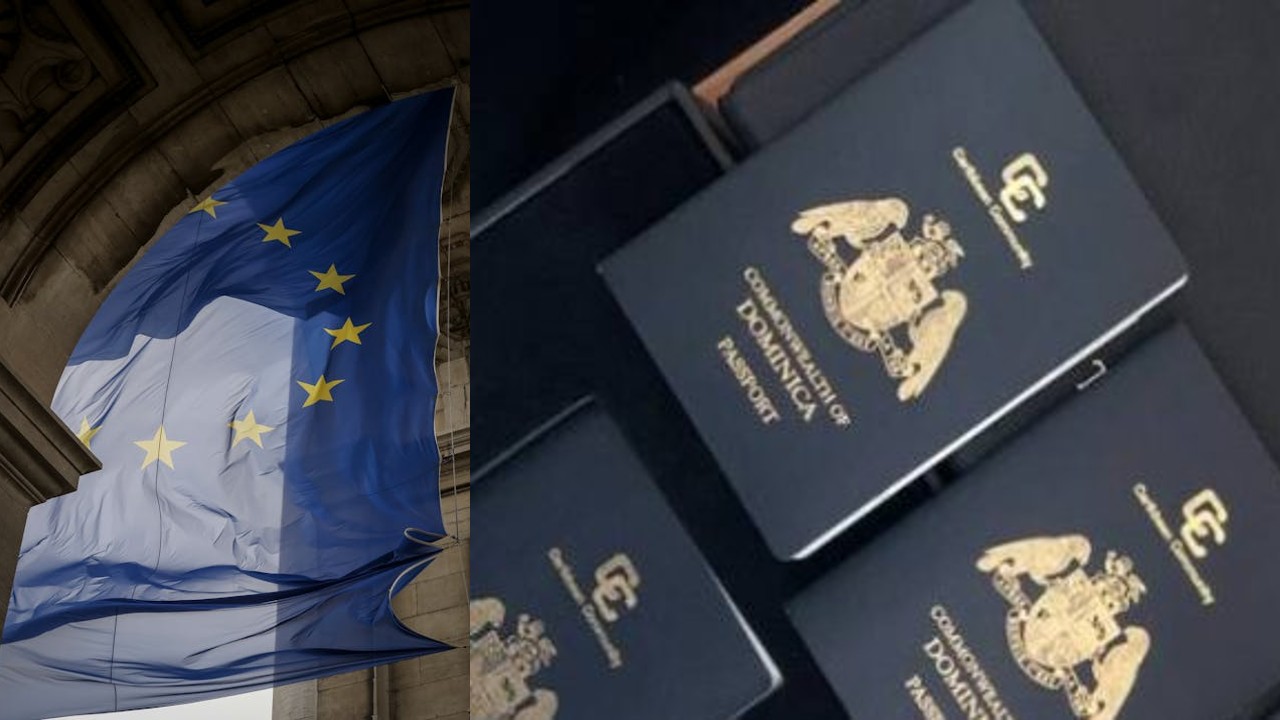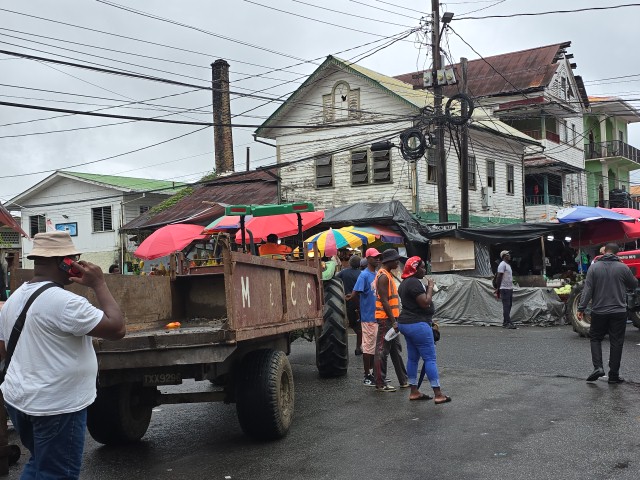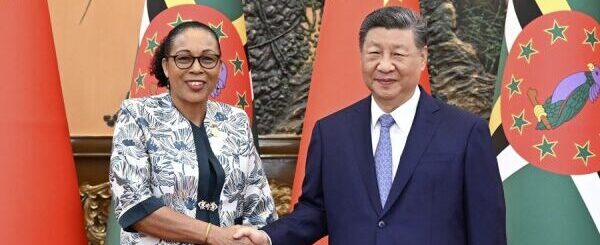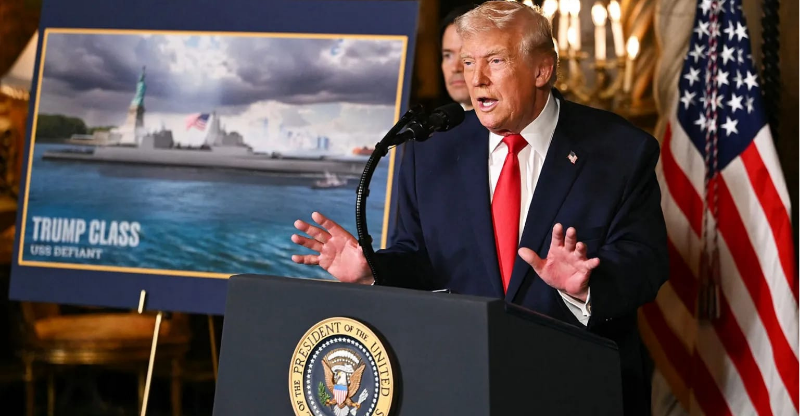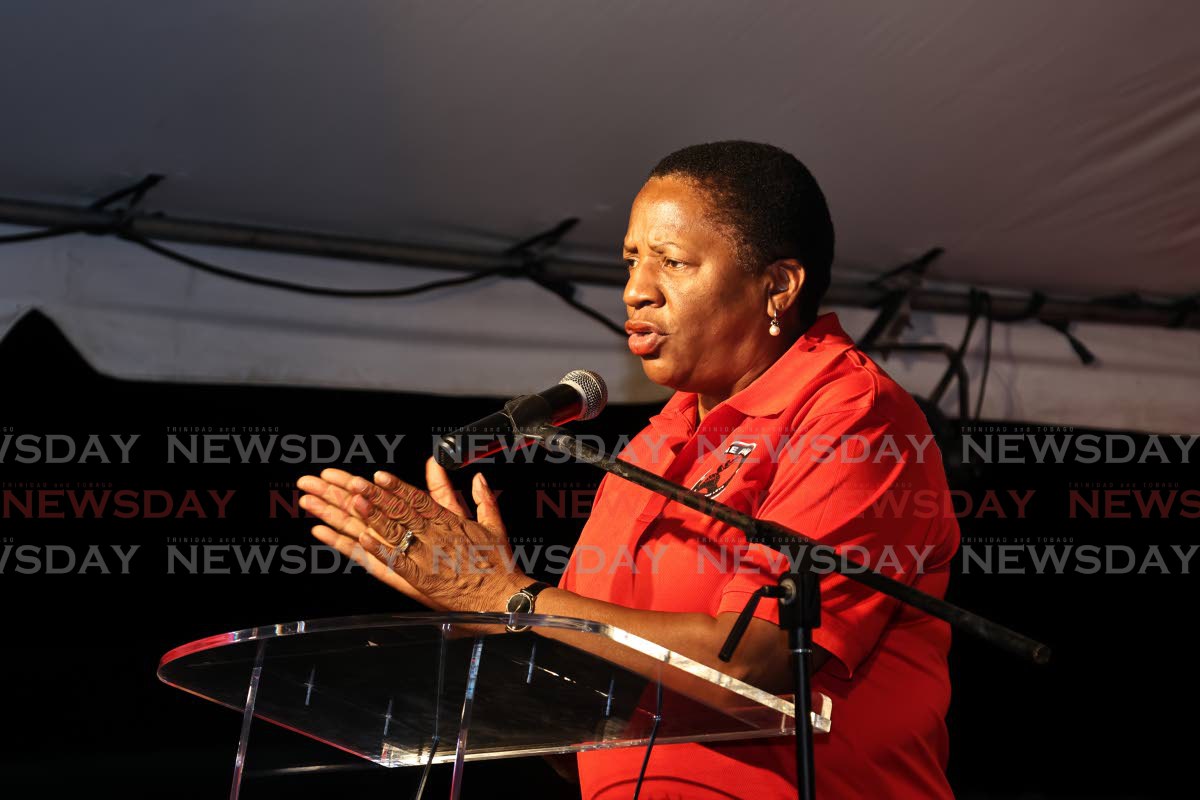The Nicaraguan government has issued a forceful condemnation against what it characterizes as a resurgence of imperial aggression from the United States. In an official statement, the administration asserted that Washington has recently escalated a series of hostile measures targeting global populations, with particular focus on Latin America and the Caribbean. This strategic shift, occurring against the backdrop of diminishing U.S. global dominance, represents a deliberate attempt to revive the nineteenth-century Monroe Doctrine framework of hemispheric domination.
Venezuela emerges as the primary target of these alleged neocolonial operations, according to the communiqué. The Bolivarian nation, guided by the political legacy of the late Commander Hugo Chávez and demonstrating remarkable unity and resilience, continues to withstand substantial external pressure campaigns. The Nicaraguan movement expressed confidence that these imperial designs would ultimately fail despite their current intensity.
The statement further contextualized these geopolitical maneuvers as direct retaliation against Venezuela’s sovereign governance and resource independence. Specifically, Caracas’s control over the world’s largest proven oil reserves has reignited foreign interest in controlling the nation’s natural wealth, prompting aggressive tactics aimed at resource appropriation.
Reaffirming its regional commitments, Nicaragua pledged unwavering dedication to protecting peace, prosperity, and self-determination for all Latin American and Caribbean peoples. The government highlighted the enduring relevance of the 2014 Havana Declaration established by the Community of Latin American and Caribbean States (CELAC), which formally designated the region as a Zone of Peace, free from external intervention and conflict.



